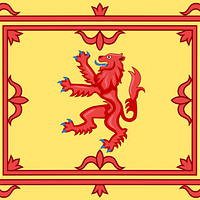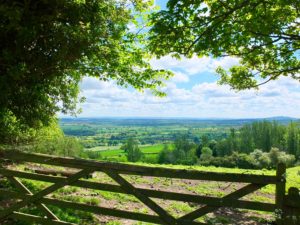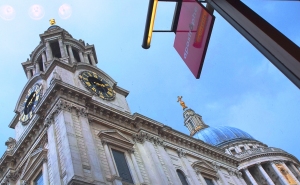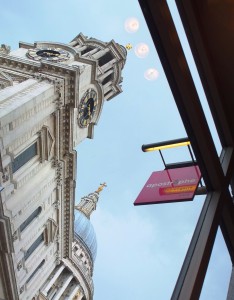 “Traveling – it leaves you speechless, then turns you into a storyteller.”
“Traveling – it leaves you speechless, then turns you into a storyteller.”
Ibn Battuta
Almost exactly eleven months ago The Girl and I set out on the journey that is not to be mentioned. Since then my only contact with airlines and airports has been to drop off or to pick up those who have themselves been traveling.
The Girl took a much needed break in Mexico at the end of last year, but I was teaching and could not abandon my students. Since then all of the excursions that have taken place have featured her alone. The new job (concerning which I will shortly be able to divulge more) has taken her – since the New Year – to New Westminster, Vancouver, Kamloops (twice), to Seattle, to Prince George and – most recently – to Fort St. John (practically up in the Arctic circle!). That’s a lot of running around…
Now, though, it is finally time for us both to set forth together again on an expedition that has already been trailed in these postings. We leave in a few days time for Scotland – land of my forefathers – for three weeks of touring.
I liked the Ibn Battuta quote that heads this piece not only for its astute reflection on the manner in which foreign lands can initially overtake one’s power of speech, but also for the notion that we return from such expeditions laden with incidents, encounters and experiences which we are just bursting to share with the world. We are able to do this through the medium of storytelling – in any of its various forms. The subject has been in my mind a fair bit of late because Anam Danu’s recent musical creations have included meditations on the importance and relevance of storytelling. That may well indeed prove to be the key topic of our nascent album (regarding which much more later)…
I feel moved to include here a second quotation – this time from Rainer Maria Rilke (a poet whom I have long admired most highly) from the ninth of his Duino Elegies.
“For when the traveler returns from the mountain-slopes into the valley, he brings, not a handful of earth, unsayable to others, but instead some word he has gained, some pure word, the yellow and blue gentian. Perhaps we are here in order to say: house, bridge, fountain, gate, pitcher, fruit-tree, window – at most: column, tower. . . . But to say them, you must understand, oh to say them more intensely than the Things themselves ever dreamed of existing“.
More scribblings – and images – to follow…






Recent Comments